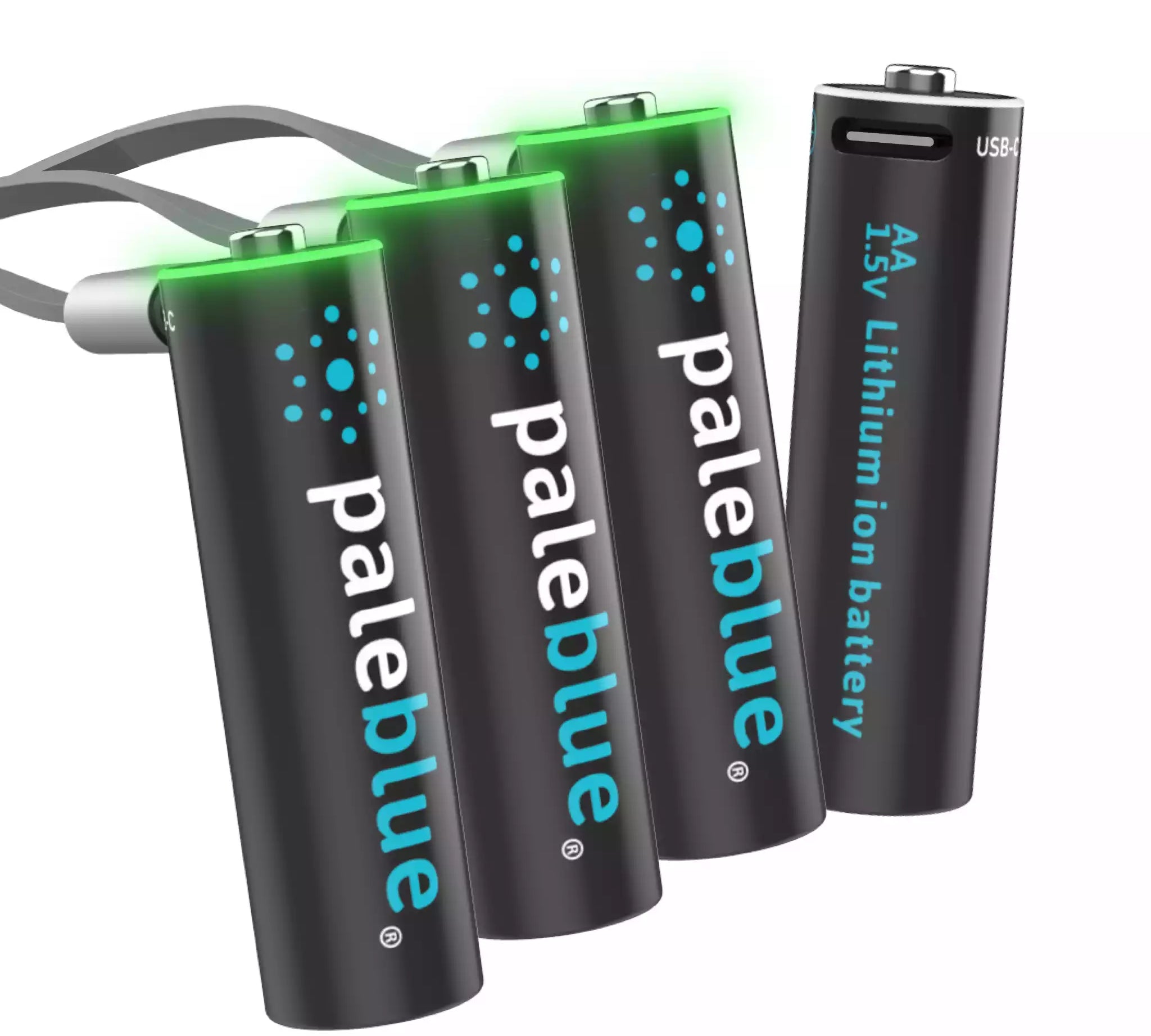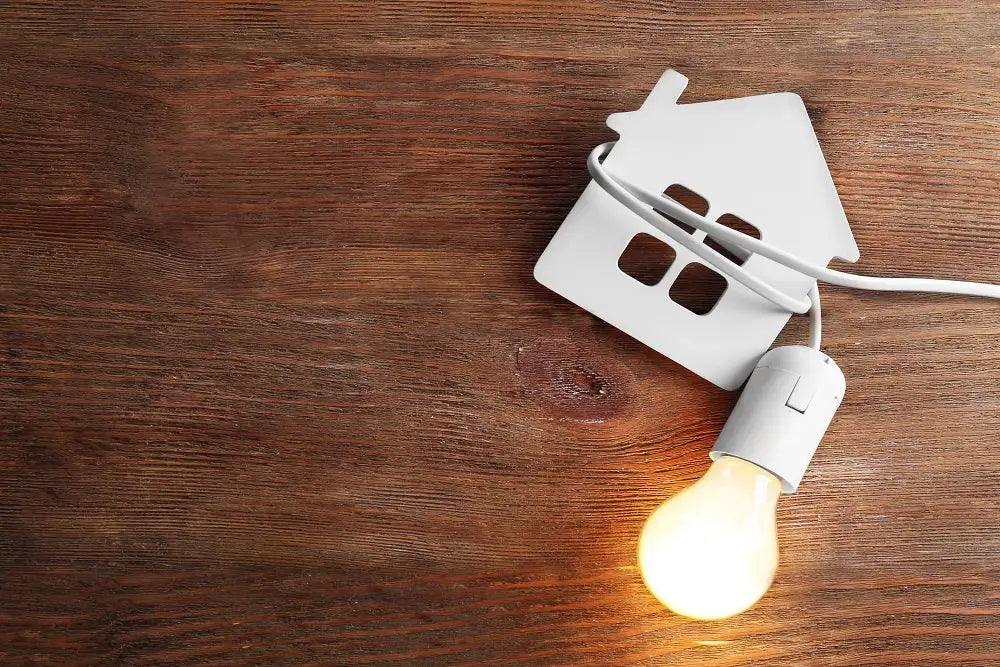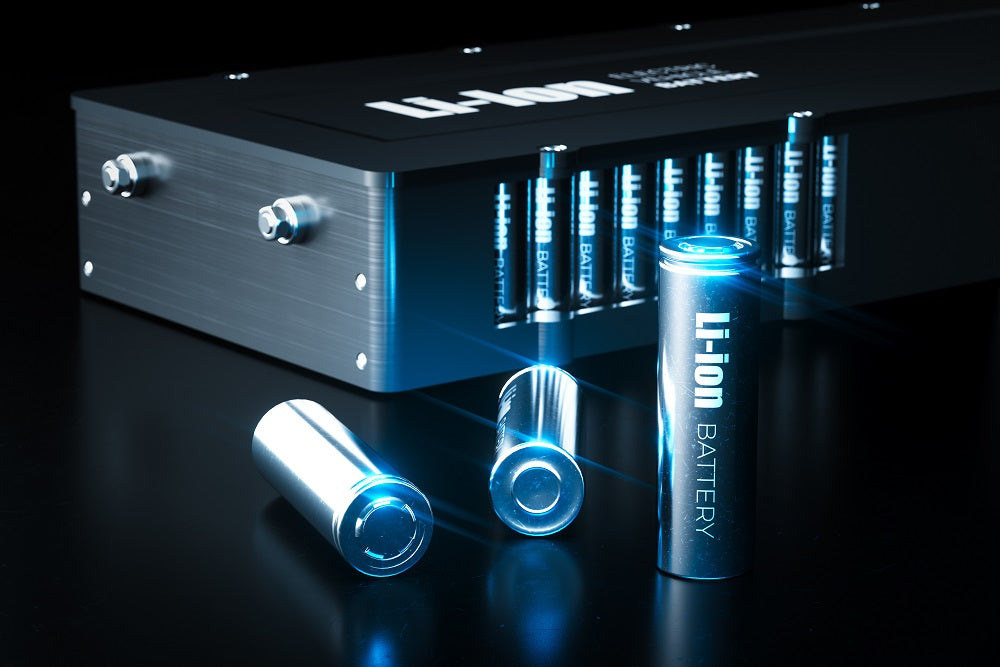Swedish Company Proves the Viability of Battery Recycling

One of our company goals is reducing the number of alkaline batteries manufactured, purchased, and thrown into landfills every year. In addition to that, we also believe it is particularly important to recycle lithium-ion batteries. That goes as much for our batteries as it does lithium-ion car batteries. Recycling keeps battery materials out of landfills and helps to close the battery loop.
Recycling critics have long said there isn't an economically viable way to recover battery waste. But now, a Swedish company known as Northvolt has proven otherwise. They have just released the first ever lithium-ion battery manufactured using 100% recycled cobalt, manganese, and nickel.
This is a huge step that cannot be talked about too much. We have always known that most of the components in a lithium-ion battery are recoverable and reusable. To date, it has only been a question of whether it could be done in a cost-efficient way. Now we know it can be.
Closing the Battery Loop
Our industry is constantly pursuing what we call the battery loop. The loop begins with the manufacture of new batteries. Those batteries are continually charged and discharged throughout their useful life. Upon disposal, they are not thrown away. They are sent to recycling facilities where valuable materials are recovered and used to make new batteries.
We have known that closing the loop is possible for a while. But doing so in a way that made sense, and at a reasonable cost, has not been so easy. Now that Northvolt has found a way, here's hoping other battery manufacturers figure out similar systems. Wouldn't it be amazing if we could permanently close the battery loop once and for all?
Large-scale lithium-ion battery recycling would be fantastic on many levels. It would:
- Keep more batteries out of landfills
- Stretch natural resources further
- Save manufacturers and consumers money
- Enable us all to be better stewards of the planet
Northvolt's accomplishment is not merely a scientific breakthrough that still needs to be adapted for commercial use. They are already in the planning stages of a recycling plant they project will be capable of accepting and recycling 125,000 tons of used batteries annually. That amounts to some 30 GWhs of battery power.
Recovering Everything Possible
It is clear that Northvolt wants to recover the cobalt, manganese, and nickel required to make new lithium-ion batteries. But they don't plan to stop there. They are also aiming to recover aluminum, copper, and the plastics that manufacturers use in battery components.
Northvolt doesn't want to settle for closing the battery loop. They also want to do their part to contribute to the greater circular economy. Recycling is a big step in that direction.
Fewer Single-Use Batteries
We are excited to say that we believe lithium-ion battery recycling leads to even fewer single-use batteries. We hope improved recycling only encourages customers to buy more USB rechargeable batteries instead of all those batteries they use once and throw away.
Reuse and recycle is where it's at. Our USB rechargeable batteries can be reused 1000+ times. And once they finally do reach end-of-life, they can be recycled by dropping them off at a battery recycling location near you. There are department stores, hardware stores, etc., around the country, now accepting lithium-ion batteries for recycling. Call2Recyle’s website has a great resource for finding local recycling drop-offs for batteries.
Recycling lithium-ion batteries cost-effectively is possible. Sweden's Northvolt has demonstrated this. The more batteries we can collectively recycle, the less battery waste will end up going to landfills and incinerators and we can continue to move the world forward in right direction.
- Tags: Economical Sustainability







